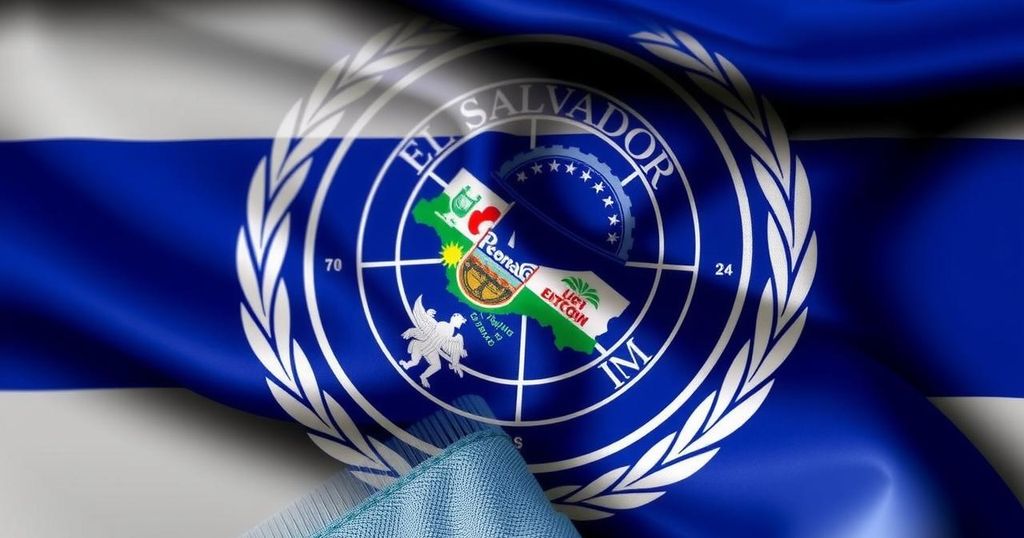El Salvador’s $1.4 Billion IMF Loan Following Bitcoin Policy Revisions
El Salvador has secured a $1.4 billion loan from the IMF after modifying its bitcoin policies, where acceptance of the cryptocurrency will no longer be mandatory for businesses. The IMF emphasized reduced risks associated with bitcoin adoption. The deal aims to bolster El Salvador’s economy as it navigates the volatile cryptocurrency landscape, requiring approval from the IMF’s executive board.
El Salvador has successfully secured a $1.4 billion loan from the International Monetary Fund (IMF) after the nation agreed to modify its controversial bitcoin policies. The IMF indicated that the risks associated with the adoption of bitcoin have receded, especially since it will no longer be mandatory for businesses to accept the cryptocurrency. In 2021, El Salvador made headlines as the first nation to recognize bitcoin as legal tender, though this policy has faced scrutiny as it posed challenges to garnering international financial assistance.
Under the new agreement, reforms will establish the private sector’s participation in bitcoin transactions as voluntary, while restrictions will also limit public-sector involvement. Although the deal requires approval from the IMF’s executive board, it aims to bolster El Salvador’s economy during a time when bitcoin prices have shown significant volatility, recently surpassing the $100,000 mark. President Nayib Bukele, who has been a vocal proponent of cryptocurrency, shared his optimism on social media regarding the asset’s recent surge, claiming that investments in bitcoin have greatly appreciated.
As the price of bitcoin fluctuates, affected by global economic factors such as U.S. Federal Reserve interest rate signals, the government’s reception of this loan is pivotal. The IMF has previously expressed concerns about President Bukele’s approach to digital currencies, citing them as potential obstacles to financial aid. Yet, as bitcoin continues to captivate both domestic and international markets, the implications of this deal remain critical to El Salvador’s economic stability and growth.
El Salvador made headlines in 2021 by becoming the first country to declare bitcoin as legal tender, a bold move signaling its commitment to cryptocurrency. However, this decision faced criticism due to concerns regarding financial stability and the risks associated with volatile digital currencies. The International Monetary Fund expressed apprehension about the country’s bitcoin policies, viewing them as potential barriers to securing necessary financial assistance amid economic challenges. The recent modification of these policies demonstrates a shift aimed at easing tensions with international financial institutions while addressing local economic needs.
El Salvador’s agreement with the IMF for a $1.4 billion loan highlights the delicate balance between embracing innovative currency like bitcoin and adhering to the financial governance expected by international funders. By making bitcoin acceptance voluntary for businesses and curtailing public sector involvement, the government aims to mitigate associated risks and restore confidence. This loan marks a significant step in supporting the nation’s economy, even as the situation surrounding cryptocurrencies evolves.
Original Source: www.bbc.com








Post Comment